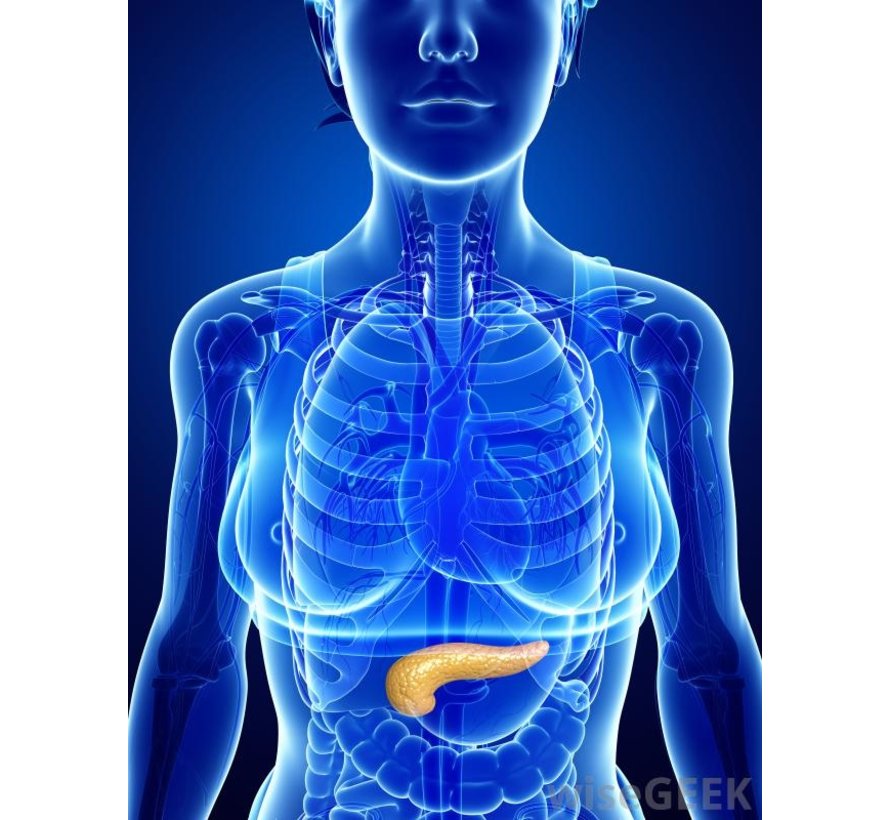Pancreatic elastase Pancreas pancreas
Elastase (pancreatic) says something about the functioning of your pancreas from feces brown cap.
Unlike the other protein-splitting enzymes, elastase remains active even after it has passed the intestines. As a result, examination of elastase levels in the stool can reveal whether the pancreas is functioning inadequately. Normal levels are more than 200 micrograms of elastase per gram of feces. Between 100 and 200 μg is moderate pancreatic insufficiency and below 100 μg is severe insufficiency.
This method has a 95% reliability for diagnosing an inadequately functioning pancreas. This method also more easily reveals the moderate and mild cases.
A result below 100 μg E1/g indicates pancreatic insufficiency.
The word 'pancreas' is a medical term for 'pancreas'. 'Insufficiency' means that something is not working properly enough and thus is deficient. In pancreatic insufficiency, the pancreas does not work as well as it should. Pancreatic insufficiency often occurs in Cystic Fibrosis. Tough mucus clogs the drains in the pancreas and not enough enzymes get into the small intestine to digest nutrients such as fats, proteins and carbohydrates.
The pancreas may also not produce enough of the hormone insulin. A deficiency of this results in diabetes, also known as CF-related diabetes.
What are the consequences of too few pancreatic enzymes?
Because insufficient enzymes enter the small intestine for proper digestion of food, the body cannot properly absorb nutrients, especially fats. Too much undigested fat remains in the stool and an abnormal stool pattern develops.
You notice this by these symptoms:
- (Prolonged) bloated feeling
- Excessive gas formation
- Abdominal Cramps
- Foul-smelling stools, often beige/grey in colour, greasy and sticking in the toilet
The reduced absorption of fat also creates:
- Deficiencies in vitamins A, D, E and K (the fat-soluble vitamins). These vitamins are lost through the fatty stool
- Weight Loss
- Deterioration of the nutritional status
The treatment of pancreatic insufficiency usually consists of taking pancreatic enzyme preparations, so that the digestion of nutrients is somewhat improved. These preparations contain the following enzymes: lipase, protease and amylase.
- Lipase ensures the digestion of fats
- Protease takes care of the digestion of proteins
- Amylase is responsible for the digestion of carbohydrates (sugars), it splits carbohydrates into for example glucose





